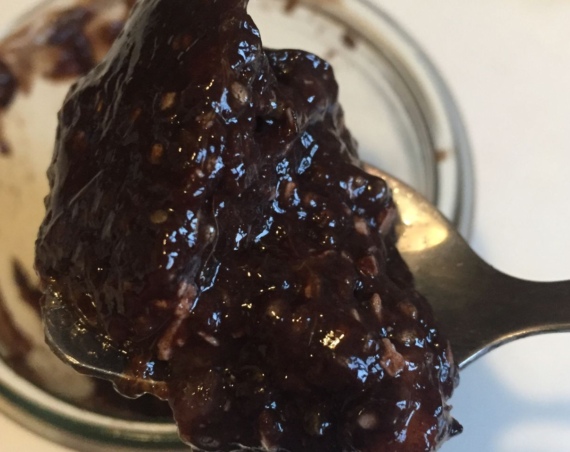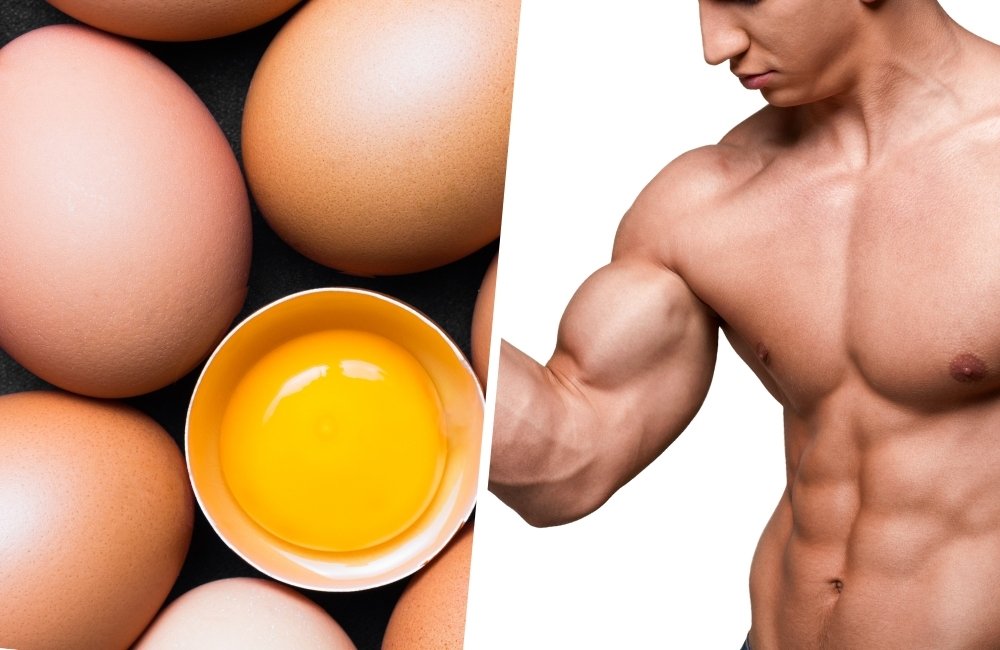
Testosterone is an essential hormone, especially for men. It plays a key role in maintaining bone health, and muscular strength, growing hair, and boosting mood and energy levels.
What’s more, testosterone is an essential male sex hormone that is often associated with masculinity.
It regulates sex drive, bone mass, fat distribution, muscle mass and strength, and sperm production.
Unfortunately, as men age, their testosterone levels decrease. Other causes of low testosterone include injury, illness, excessive alcohol, and poor sleep (1).
If you are struggling with low libido or can’t seem to make gains in the gym, you may want to have your testosterone levels tested.
Aside from testosterone replacement, some lifestyle choices can help encourage testosterone production.
Adequate sleep, a healthy diet, and exercise are crucial. To take one step further, let’s look at some of the top 5 foods that boost testosterone and can add to your diet to help.
The Top 5 Foods That Boost Testosterone In Men
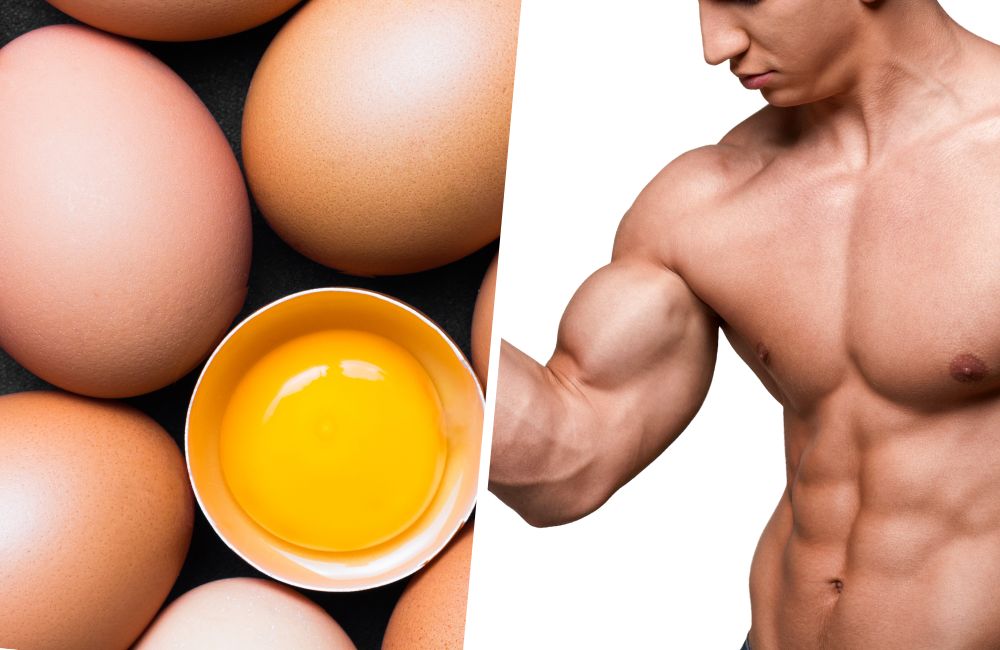
People with low testosterone levels may be able to raise their levels by eating the foods listed below.
You may also like:
The Best Workout Routine Ever, According to Science
15 Best High-Protein Foods for Weight Loss and Muscle Gain
1. Steak
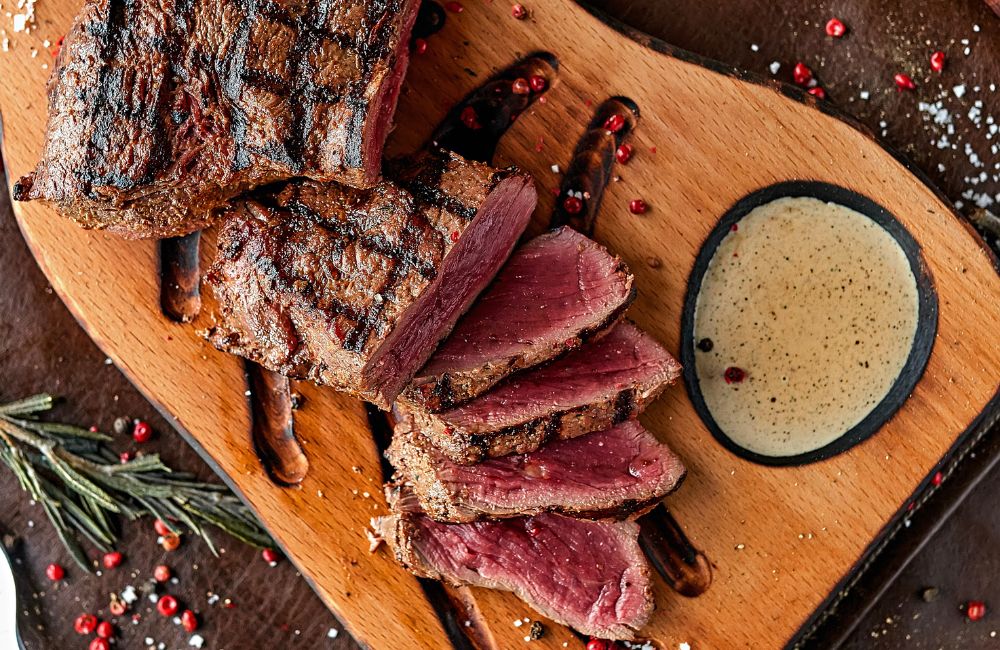
It doesn’t get much manlier than steak. Next time you are at a steakhouse, consider a nice sirloin steak for a boost in zinc.
Some low levels of testosterone can be attributed to zinc deficiency. The exact effect zinc has on testosterone production is not yet understood.
It’s believed it affects the cells in the testes that produce the hormone. This may only be the case in those who are zinc deficient.
Some studies have found a zinc supplement in those with adequate levels did not impact testosterone levels (2, 3).
2. Oysters
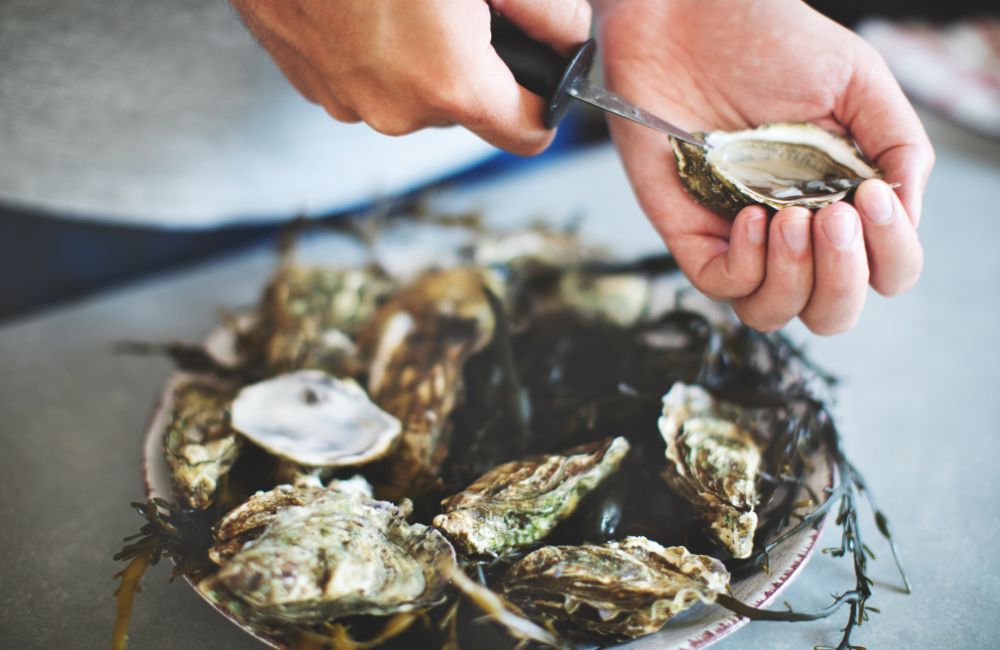
If we are talking steak for zinc, we need to discuss oysters. These sea-faring creatures contain the highest amount of zinc of any other food.
Although many adults get enough zinc in their diet, we cannot store this mineral in the body which means we must continue to get it through the diet.
A serving of raw oysters will provide you with a whopping 32mg of zinc, almost 300% of the total daily recommended intake (4).
3. Egg Yolks
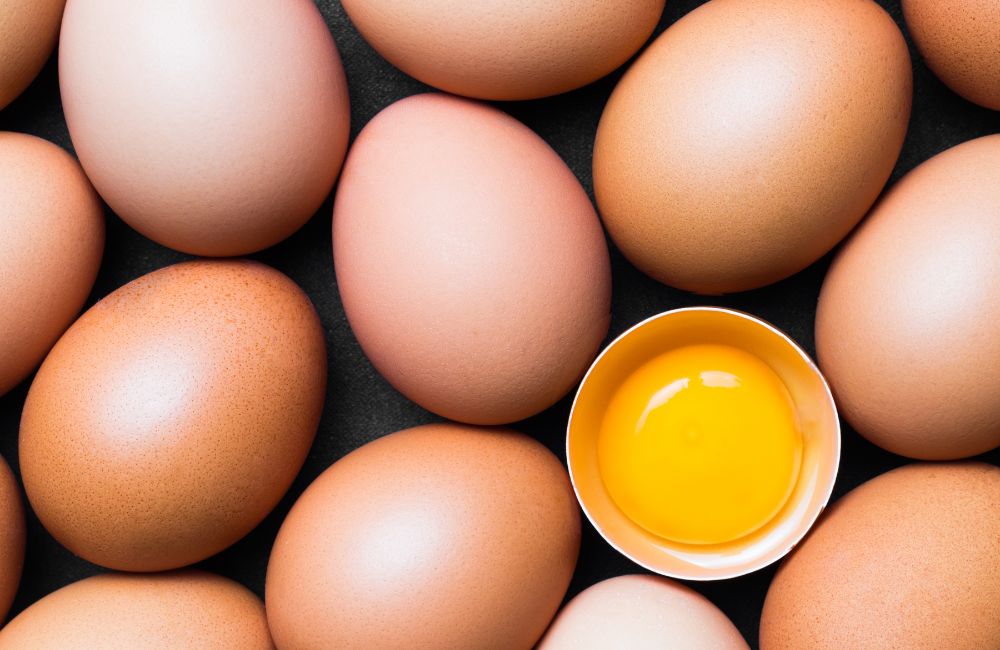
Who doesn’t love to start their day with eggs? Next time you go to make yourself a hearty omelet, don’t leave out the egg yolks.
Egg yolk is rich in vitamin D, a nutrient that is essential to produce testosterone.
Egg yolks are also a good source of selenium, a mineral that also acts as an antioxidant. One study found selenium intake to be linked to higher testosterone levels (5).
4. Fish

You’ve likely heard of some of the benefits of consuming fatty fish for omega 3’s. Fish such as salmon, mackerel, and sardines, are loaded with DHA and EPA.
These are the essential fatty acids linked to many health benefits, including testosterone levels.
A recent study in 2020 found that supplemental DHA increased circulating testosterone levels in overweight and obese males (6).
Some studies have found a link between omega-3 supplementation and the risk of prostate cancer.
More research is still needed on the potential risks. Because of this, it’s recommended to get omega 3s from the diet and not supplements.
Aim to consume a serving of fatty fish at least twice per week to get the most benefits.
5. Berries

Berries are an antioxidant powerhouse. Although they may not seem like masculine food, the antioxidants in berries can help protect your testosterone levels.
It’s believed this is done by protecting testosterone-producing cells from oxidative damage. It’s also believed to help boost testosterone levels.
Cherries and pomegranates have been found to produce similar results. The high antioxidant content in these fruits also helps to protect against obesity-induced inflammation.
This is another known cause of lower testosterone levels (7, 8).
Bottom Line
Testosterone levels in men decline with age however, diet, exercise, and sleep, also play a role in hormone production.
Emphasizing nutrient-rich food can help to ensure adequate hormone support and reduce the likelihood of developing low testosterone levels.
Incorporate foods that are rich in antioxidants, zinc, selenium, and vitamin D. There are underlying conditions that can affect testosterone levels in men.
If you believe you may be experiencing low testosterone levels, consult your healthcare provider for the proper treatment.

